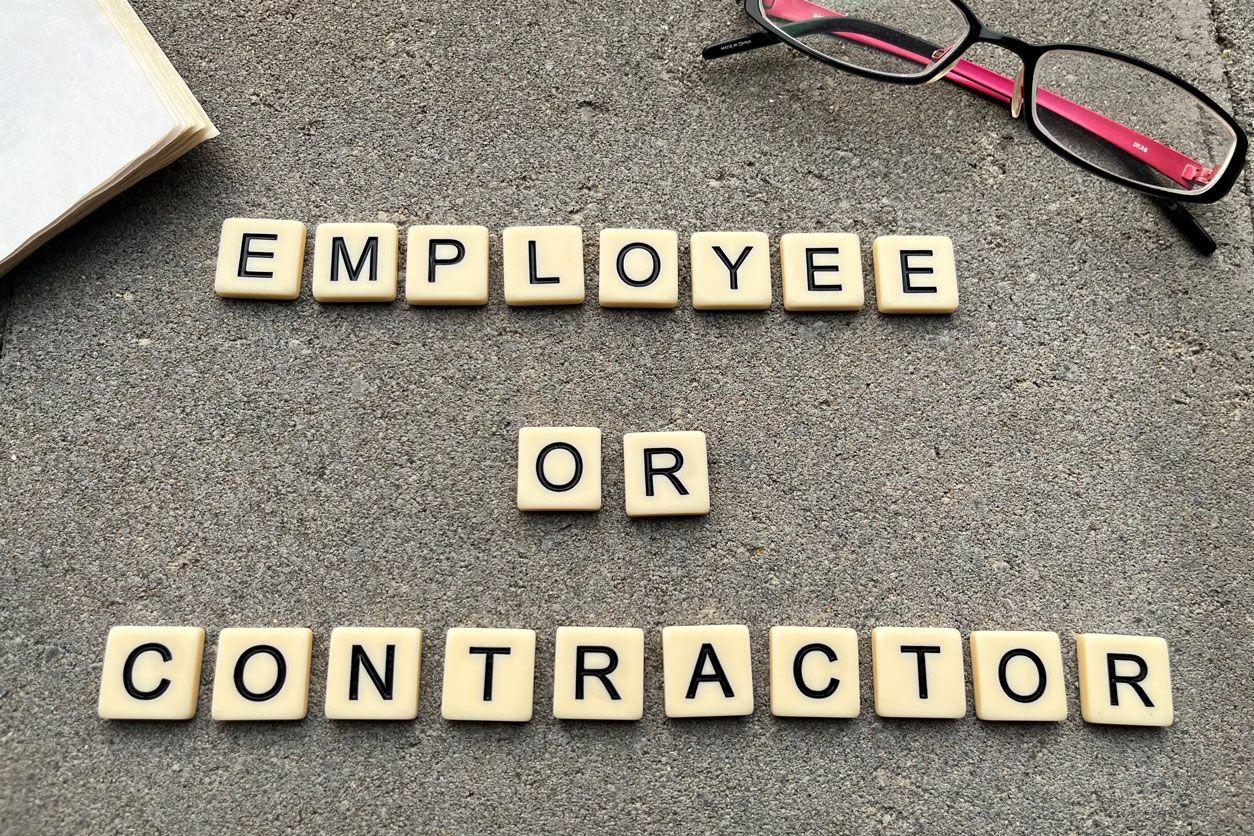Signs of Retaliation in a California Workplace

How Does California Law Define Retaliation in the Workplace?
Under California law, workplace retaliation occurs when an employer takes a negative action against an employee for engaging in a legally protected activity. Protected activities include reporting harassment or discrimination, filing a wage complaint, participating in a workplace investigation, requesting reasonable accommodations, or using legally protected leave. California law broadly prohibits employers from punishing workers for asserting their rights, even if the underlying complaint is ultimately not proven.
Retaliation can be obvious, such as termination or demotion, or more subtle, like reduced hours, exclusion from meetings, or increased scrutiny. Because retaliation is illegal under California statutes, including the Fair Employment and Housing Act (FEHA) and California Labor Code Section 1102.5, recognizing the warning signs early is critical. Identifying retaliatory behavior can help you take steps to protect yourself and pursue the remedies available under California law.
Common Signs of Workplace Retaliation
Although workplace retaliation can take many forms, some common signs include:
- Sudden Negative Reviews: Getting sudden negative feedback after participating in a protected activity like whistleblowing. Employers often use performance reviews to create a record for possible discipline or termination. EEOC.
- Demotion or Loss of Responsibilities: Losing important duties or getting demoted without an explanation. For example, you could get less important tasks, miss out on leadership roles, or shift to a department that may underuse your skills. DIR.
- Exclusion from Meetings or Projects: Being left out of meetings, team projects, or decision-making processes can be a sign of retaliation. Being cut out of planning or strategy sessions can mean that your employer is trying to isolate you.
- Unwarranted Discipline or Write-Ups: Receiving warnings or write-ups that seem unfair or overblown can be a red flag. Especially, if they come shortly after you assert a right. Employers often use this to justify future terminations or ongoing disciplinary action.
- Changes in Work Schedule or Location: Unexpected changes to your schedule, remote work privileges, or work location that make your job harder without a clear reason. These changes might look “business-related” at first. However, they could be designed to make things harder for you or push you to quit.
- Hostile Behavior from Supervisors or Colleagues: A change in tone or behavior, feeling isolated, or facing hostility can indicate a retaliatory environment.
- Wrongful Termination: In extreme cases, retaliation can lead to wrongful termination. It can also force someone to quit due to unbearable working conditions. Some employees aren't fired directly. Instead, they feel so uncomfortable or unsupported that they end up resigning. This is known as “constructive discharge.” Under California law , it might still be considered wrongful termination as a form of retaliation. DIR.
- Exclusion from Opportunities: Missing meetings, training sessions, team-building events, or advancement programs can feel like retaliation. It may aim to isolate you or slow your career growth.
- Denial of Promotions or Raises: If you don't get a promotion or raise, even though you qualify, it might be a sign of retaliation. Employers may offer vague or inconsistent reasons for their decision or none at all.
- Spreading Rumors or Making Negative Comments: The spread of false rumors or negative comments by your employer or coworkers after you file a complaint. It can damage your reputation, isolate you, and create a toxic work environment.
- Verbal or Physical Abuse: Facing verbal or physical abuse from your boss or coworkers after filing a complaint could be another sign of workplace retaliation.
What to Do If You Suspect Workplace Retaliation
If you think you're facing retaliation at work in California, follow these steps:
- Document Everything: Keep a record of events, conversations, performance reviews, and any changes in your job duties or work environment.
- Review Company Policies: Check your employee handbook or HR documents to understand the internal complaint process.
- Report Internally: If it's safe to do so, report the suspected retaliation to HR or a supervisor.
- Seek Legal Help: Navigating workplace retaliation claims can be complex. A workplace retaliation lawyer can review your case and suggest what to do next. Such action may include filing a civil lawsuit or filing a complaint with the California Civil Rights Department (CRD, formerly DFEH), the U.S. Equal Employment Opportunity Commission (EEOC), or filing a civil lawsuit.
Workplace retaliation happens in California more often than employees think. It usually begins with small, subtle changes that get worse over time. California law supports you, so recognizing the signs and acting early can be key.
Think you're facing retaliation? Lawyers for Employee and Consumer Rights represents workers who have faced retaliation. Our experienced workplace retaliation attorneys in California are ready to review your case and protect your rights.
Content is informational only and not legal advice.
Frequently Asked Questions
1. What exactly counts as workplace retaliation in California?
Workplace retaliation happens when an employer punishes an employee for exercising their legal rights, like reporting harassment, filing a wage complaint, or using protected leave. It can range from overt actions like demotion or termination to subtle behaviors like exclusion from meetings or unfair performance reviews.
2. How can I tell if negative feedback at work is retaliation in California ?
Sudden negative reviews or write-ups that appear after you’ve asserted a legal right could be a red flag. Timing and context matter—if criticism is unusually harsh, inconsistent with past performance, or happens right after a complaint, it might be retaliatory.
3. Is being left out of meetings or projects considered retaliation?
Yes. If you suddenly start getting excluded from meetings, team projects, or advancement opportunities after engaging in a protected activity, it may be a sign your employer is isolating you in retaliation.
4. Can a change in schedule or work location be retaliation?
Potentially. Unexpected changes to your hours, shifts, remote work privileges, or location that make your job harder, especially without a clear business reason, could be a tactic to pressure you or retaliate for exercising your rights.
5. What is “constructive discharge,” in California and does it count as retaliation?
Constructive discharge occurs when a workplace becomes so hostile or unbearable that you feel forced to quit. In California, if this results from retaliation for asserting your rights, it may legally be considered wrongful termination.
6. What steps should I take if I suspect retaliation at my job?
Document all incidents, review company policies, and report internally if safe. Consult a California workplace retaliation lawyer to understand your options, which could include filing a complaint with the California Civil Rights Department, EEOC, or pursuing a civil lawsuit.
7. Could my career growth be slowed as a form of retaliation?
Definitely. Denial of promotions, raises, training opportunities, or high-visibility projects after you’ve reported misconduct or used protected leave can be retaliation. Employers may try to stall your career quietly, so noticing these patterns early is key.
Share on Social Media





